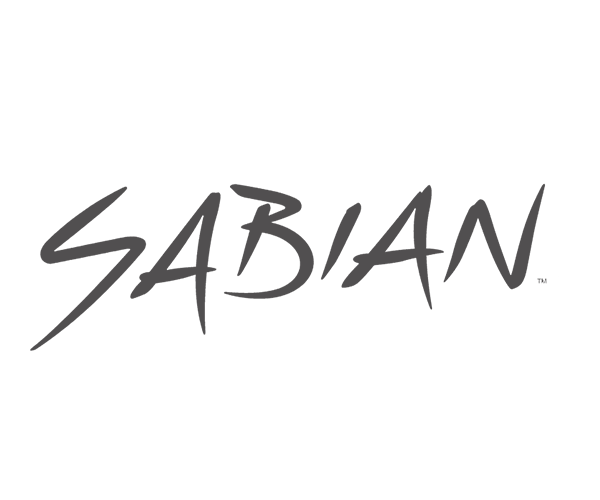Acoustic vs Electric: Which Guitar Is Best for Newbies?
Want to learn the guitar, but not sure which guitar to start with? Well, that’s music to our ears! Learning an instrument is very admirable, and is bound to lead to a lot of joy and satisfaction. Deciding which guitar to buy is just the first step. Up top, you should know that there is no wrong choice. Electric and acoustic guitars are not all that different where it counts, and learning one will inform your ability to learn the other. Both instruments have six strings, the same notes, and adhere to the standard tuning of low-to-high E-A-D-G-B-E. The fundamental techniques and approaches to playing are the same, and scales and chords mastered on one can be transferred to another. You can therefore learn on either type of guitar without suffering any great disadvantages. However, if you want to make sure you have the best possible instrument for you, a little research never hurts!
What Is the Difference Between an Acoustic & Electric Guitar?
Most people are aware of the basic difference between acoustic and electric guitars: one uses electrical amplification to produce sound, and one does not. Beyond this difference, however, some subtle features set them apart from one another. These features can help you decide which guitar is right for your earliest days of learning. From classical guitars to electric bass guitars, there is a perfect guitar for everyone.
Size & Weight
While acoustic guitars are bigger than electric guitars, they are also significantly lighter. This is because electric guitars are solid, while acoustic guitars need to be large and hollow for the sound waves to be sufficiently amplified.
Body & Neck
As discussed, the body of an acoustic guitar is hollow, whereas an electric guitar’s body is solid and requires electric amplification to produce sound. The neck of an electric guitar is thinner than that of an acoustic guitar, and its strings are closer together. Acoustic guitars have thicker necks with strings that are further apart, and classical guitars have even wider necks again.
Strings
Acoustic guitars have heavy steel strings that can be hard to hold down. You can get acoustic guitars with lighter nylon strings that are easier to strum, but they do produce a subdued tone. Electric guitars have thinner, lighter steel strings that are easier on the fingers. These strings make lead guitar techniques, like vibratos and bends, very doable, whereas these techniques can be difficult to carry out on an acoustic guitar.
Tone
Without amplification, acoustic guitars have a single tone. It should also be noted that different acoustic guitars will have different tones, depending on the size of the guitar and the materials used to build it. With electric guitars, the tonal possibilities are endless. Utilising tone and volume knobs, multiple pickups, and an amp, you can do a lot with any given electric guitar.
Music
Acoustic guitars are used to make country, classical, blues, pop, flamenco and folk music. Electric guitars can make pretty much any type of music, besides classical and folk, but are particularly suited to rock, punk, funk, grunge, R&B and blues. Considering your favourite genres is a great idea when it comes time to choose your guitar.
The Pros & Cons of Learning on an Acoustic Guitar
Pros
Learning on a steel-string acoustic guitar can be more challenging than other options, but the upside of this is that it prepares you for anything. Once you’ve learnt a song on an acoustic guitar, you’ll be able to play that same song on an electric guitar. You also won’t need to buy any extras when you start on an acoustic guitar—no cables or amplifiers. This will save you some time and money. Plus, your housemates might prefer the soft, calm tone of the acoustic guitar over the amplified sounds of an electric guitar—at least while you’re still learning.
Cons
From a beginner’s perspective, the main downside of acoustic guitars is that they are incredibly tough on the fingertips. In fact, you’ll probably only be able to play for about 20 minutes at a time when you’re first starting out. Thankfully, you should start developing calluses after a couple of weeks, which will block out any pain. You should also keep in mind that harder strings mean it’s harder to play chords, especially barre chords. You’ll also experience more string buzzing, which is when the string comes into contact with the instrument’s neck and makes an undesirable rattling sound. Some beginners also struggle with the wider fretboard that adorns an acoustic guitar.
The Pros & Cons of Learning on an Electric Guitar
Pros
Beginning with an electric guitar is physically easier in the sense that the neck is narrower and the strings are softer on your fingers. These traits also make it easier to play barre chords, which makes these guitars more desirable to a lot of musicians. While electric guitars can be louder, you can also invest in headphones, which solves that problem.
Cons
The downside of an electric guitar is that it requires a few extras, including an amplifier at the very least. You may also find that achieving the right tone is not very easy for beginners, and it can be discouraging when your guitar sounds bad. Once you do master a song, it can then be hard to translate this skill over to an acoustic guitar.
So What Should You Do?
For some beginners, even weighing up the pros and cons doesn’t really help. If this is you, don’t stress—the decision doesn’t have to be painful! If you’ve always pictured yourself playing guitar around a campfire, or practising country or classical songs, go for the acoustic guitar. On the other hand, if rock and metal bands are what inspired you to pick up an instrument, try an electric guitar. Either way, you’ll find success if you simply stick to the instrument. Plus, you’ll probably learn both eventually, so there’s really no great harm in whichever option you choose.
Another option is to take a look at the guitars available to buy. At Angkor Music, we stock a huge variety of acoustic guitars, classical guitars, electric guitars and bass guitars for you to choose from. If one of these guitars is calling out to you, this might be a sign that this is the route you need to take. However, you should keep in mind that not every guitar will suit your needs and interests. Something simple like the length of your arms might make one guitar a better choice for you than another. Fortunately, our expansive catalogue caters to all kinds of players, and our staff are happy to help you find what you need. If you’re left-handed, for example, one of our left-handed acoustic guitars can make all the difference in comfort and playability. You’ll find whatever you need at Angkor Music—and then you’re on your way to becoming the musician you’ve always wanted to be.
















